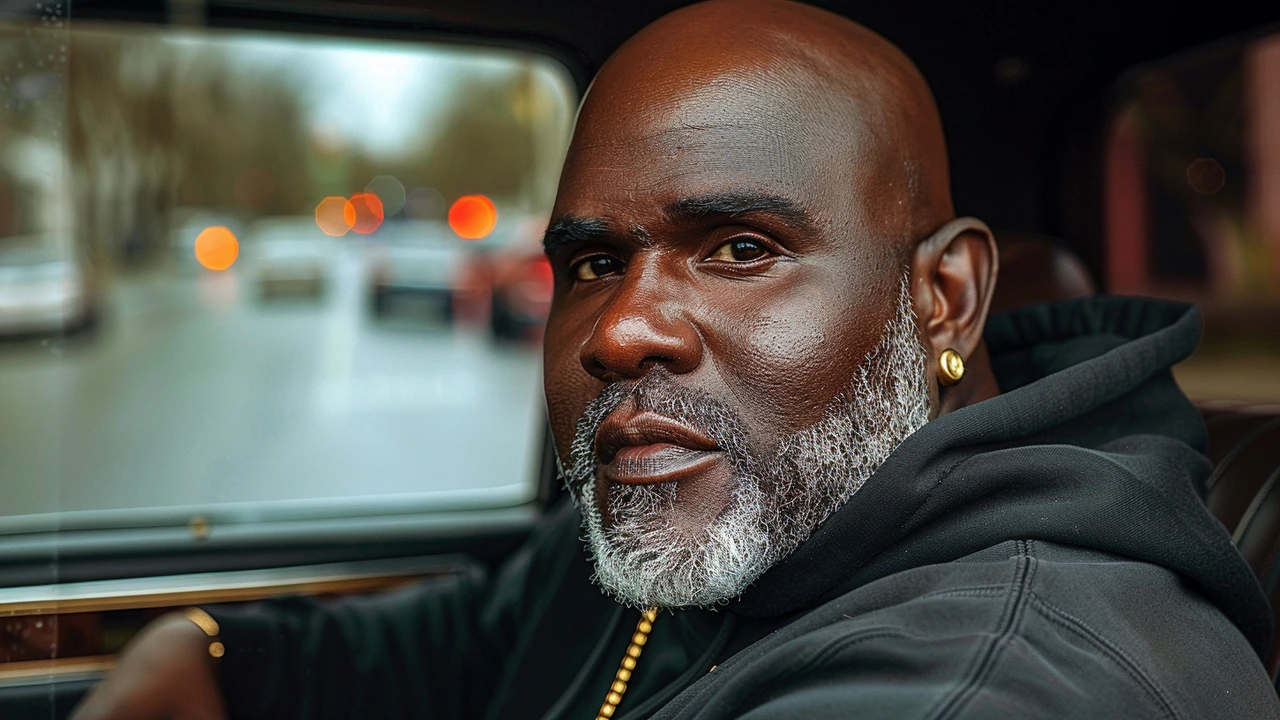Wrongful Conviction: What It Is and Why It Happens
Getting convicted for a crime you didn't commit sounds like something from a movie, but wrongful convictions happen more than you might think. When the justice system screws up, innocent people can end up behind bars. This isn't just tragic for those convicted but also means the real criminals might still be free. Understanding the reasons behind wrongful convictions is crucial if we want to stop them.
Common causes include mistaken eyewitness testimonies, flawed forensic evidence, coerced confessions, or poor legal defense. Sometimes, police pressure or prosecutorial misconduct plays a part. These errors can snowball, leaving courts convinced they're dealing with the right person, even when doubts should remain.
Real-Life Cases That Expose the Problem
Cases like those of the Central Park Five in the US or the wrongful convictions revealed by DNA testing show how deep the issue runs. Innocent people have served decades in prison before new evidence proved them innocent. These stories highlight the need for strong, ongoing review systems within justice departments.
What Can Be Done to Avoid Wrongful Convictions?
Many organizations focus on freeing innocent people and pushing for reforms. Groups like Innocence Projects work hard to reexamine evidence using modern science, especially DNA testing. On the legal side, improving police protocols, better training for lawyers, and stricter rules about eyewitness testimonies can help reduce errors.
Keeping the public informed is also vital. When citizens know the system isn't perfect, they can push for improvements. That means supporting transparent courts and holding officials accountable when mistakes happen. Everyone benefits when the system gets it right the first time.
It's tough to face the fact that justice can sometimes fail, but bringing these issues into the open is the first step towards real change. By learning about wrongful convictions and supporting efforts to fix the system, we help keep innocent people out of jail and make communities safer for all.
Unjust Imprisonment: Brandon Jackson's Fight for Fair Justice in Louisiana
Brandon Jackson, a Black man wrongfully convicted in Louisiana, spent 25 years behind bars for a crime he did not commit. His conviction, based on a 10-2 jury verdict without physical evidence, highlights systemic racism and flaws in Louisiana's justice system. After his release in 2022, Jackson is campaigning to change the state's non-unanimous jury law.

